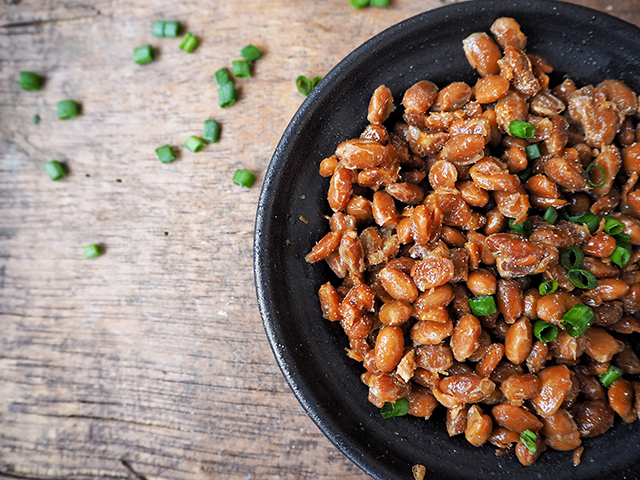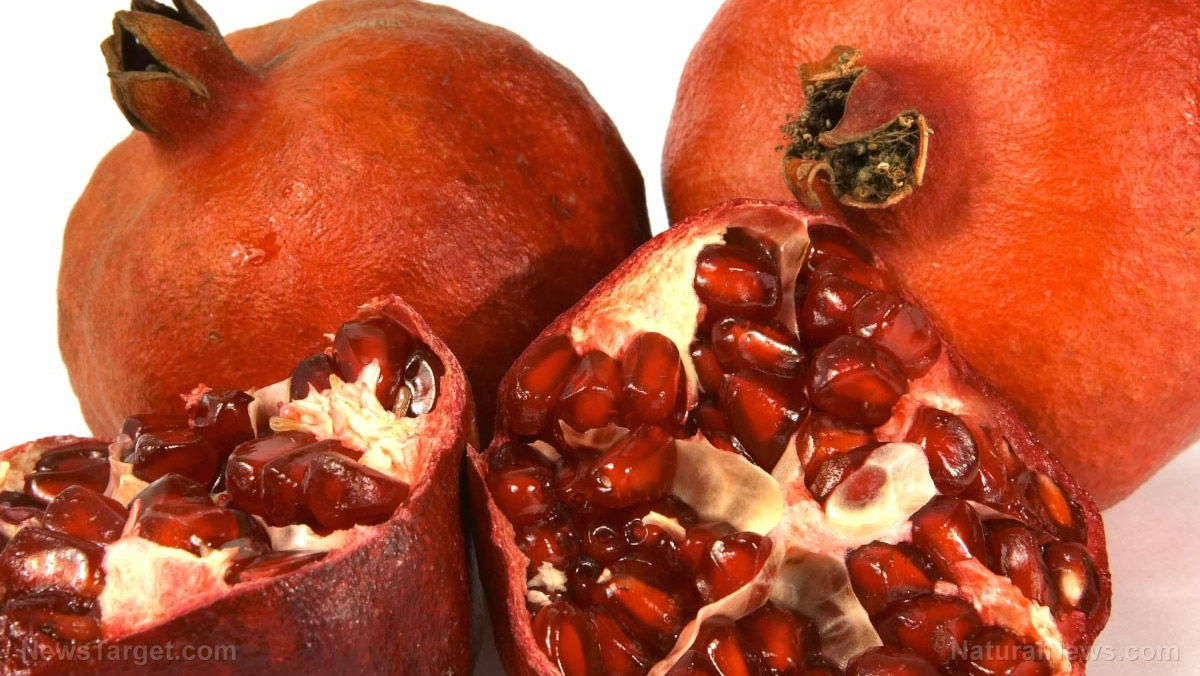Childhood obesity linked to mother’s unhealthy diet before pregnancy, warn researchers
06/30/2022 / By Zoey Sky

Eating nutritious foods and avoiding junk food are important for your overall well-being. But according to a study, childhood obesity may be associated with a mother’s unhealthy diet before pregnancy
The study conducted by researchers from the University of Southampton was published in the International Journal of Obesity.
The research team found that following a balanced diet pre-pregnancy could reduce the risk of obesity for their children. The study findings are important because rates of childhood obesity are increasing across the globe.
Dr. Sarah Crozier, study leader and associate professor of Statistical Epidemiology at the University of Southampton, explained that children aged eight or nine were more likely to be obese if their mother had a poor diet during and even before pregnancy.
According to the study findings, these are critical times when “initiatives to reduce childhood obesity may be more effective.” (Related: High-sugar diet increases pregnant women’s diabetes and liver disease risk.)
The researchers examined data on the diets of 2,963 mother-child pairs who were part of the U.K. Southampton Women’s Survey, which is a long-running study that records the health of mothers and their children. Women joined the survey before pregnancy when they were first considering having a baby.
The women were interviewed for the survey and their answers were used to fill in questionnaires on their diet and their child.
The researchers asked the mothers about their diet before they became pregnant and when they were 11 and 34 weeks pregnant. The mothers were also asked about what the child ate at six months and when the child was one, three, six to seven years old and eight to nine years old.
The research team then used the dietary information collected to give each mother-child pair a combined diet quality score. The scores were used to divide them into five groups:
- Poor
- Poor-medium
- Medium
- Medium-better
- Best
The long-term effects of a mother’s dietary habits
Findings showed that younger moms who had attained fewer academic qualifications, smoked and had a higher body mass index (BMI) before pregnancy were usually in a worse diet group with their child.
When the children were eight to nine years old, the researchers used a dual-energy X-ray absorptiometry (DXA) scan to assess the amount of fat tissue in their bodies. They also calculated the child’s BMI while adjusting to account for their age and sex.
According to the results, if a mother-child pair was in a lower diet quality group, this was associated with the child having a higher DXA percentage body fat and BMI when they were eight or nine.
In the U.K., almost 25 percent of children younger than five are overweight or obese. The figures increase to over a third by the time children start secondary school.
Crozier said their research shows the importance of intervening at the earliest possible stage in a child’s life, in pregnancy or even before conception, to address this problem before it becomes worse for both mother and child.
Tips for healthy eating during pregnancy
As an expectant mother, you need to have good eating habits not only for your health but also for your unborn child.
Follow the tips below if you need help maintaining a healthy diet during pregnancy:
- Limit your intake of simple carbs like chips, cookies, white bread and excess added sugar.
- Consume complex carbohydrates like beans, legumes, vegetables and whole grain breads and pastas.
- Consume good, protein-rich foods like eggs, fish and lean beef or pork.
- Eat more foods rich in dietary fiber like berries, nuts and oats.
- Consume healthy fats like avocado, chia seeds and olive oil.
If you are pregnant, follow a healthy diet to lower your child’s risk of becoming obese later in life.
Visit WomensHealth.news for more tips on how to maintain a healthy diet while pregnant.
Watch the video below for tips on easy salad prep while on a pregnancy diet.
This video is from the Vegan Shenanigan channel on Brighteon.com.
More related stories:
There is a STRONG link between fish intake during pregnancy and the health of the baby’s brain.
Diet soda consumption during pregnancy leads to OBESE children.
Sources include:
Submit a correction >>
Tagged Under:
#nutrition, childhood obesity, children's health, diet, fight obesity, food cures, food is medicine, food science, health science, overweight, pregnancy, pregnancy diet, proper diet, women's health
This article may contain statements that reflect the opinion of the author
RECENT NEWS & ARTICLES
FoodCures.News is a fact-based public education website published by Food Cures News Features, LLC.
All content copyright © 2018 by Food Cures News Features, LLC.
Contact Us with Tips or Corrections
All trademarks, registered trademarks and servicemarks mentioned on this site are the property of their respective owners.




















